Fine Motor Skills Mazes Worksheets for Ages 6-9
5 filtered results
-
From - To
Our Fine Motor Skills Mazes Worksheets for Ages 6-9 are expertly designed to support children’s developmental needs. Perfect for young learners, these worksheets provide a fun and engaging way to enhance fine motor coordination and precision. Each maze challenges kids to navigate twists and turns, improving their hand-eye coordination and spatial awareness. As children solve these captivating puzzles, they also boost their problem-solving abilities and logical thinking. Ideal for home or classroom use, our worksheets offer an exciting and educational activity that fosters essential skills. Give your child a head start with our top-quality maze worksheets today!
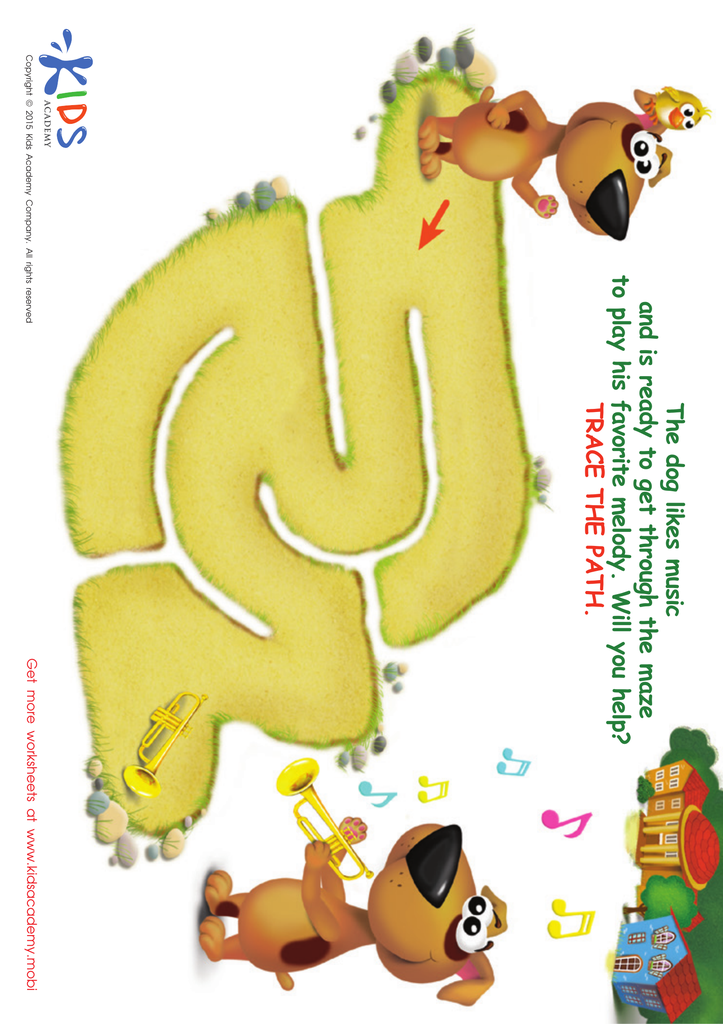

Trumpeter Maze Worksheet
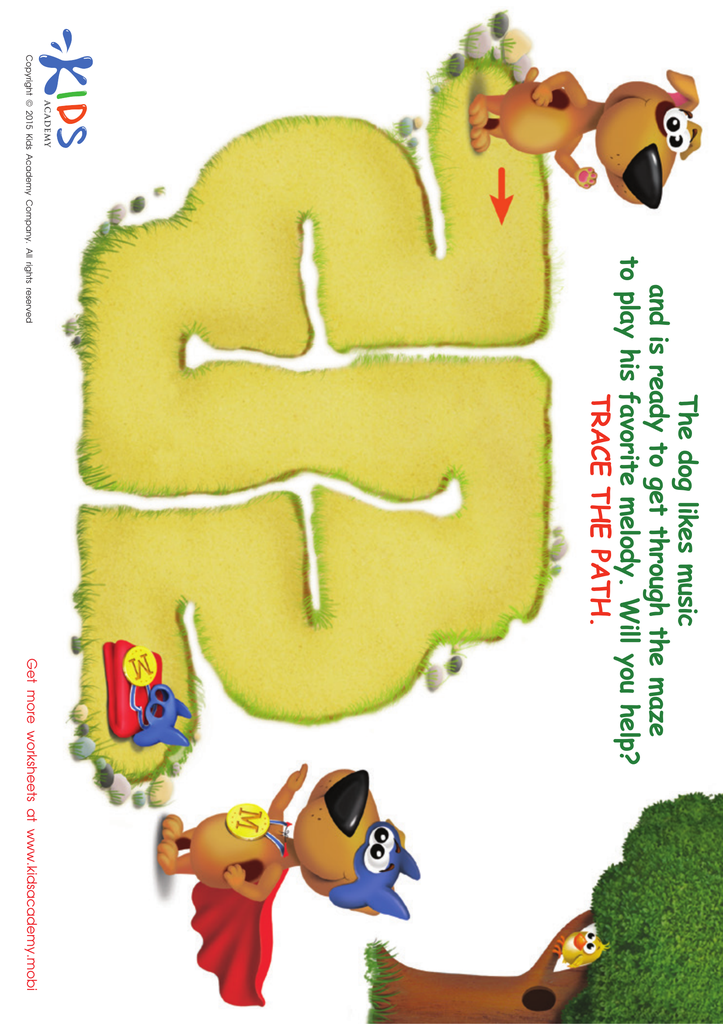

Superman Maze Worksheet
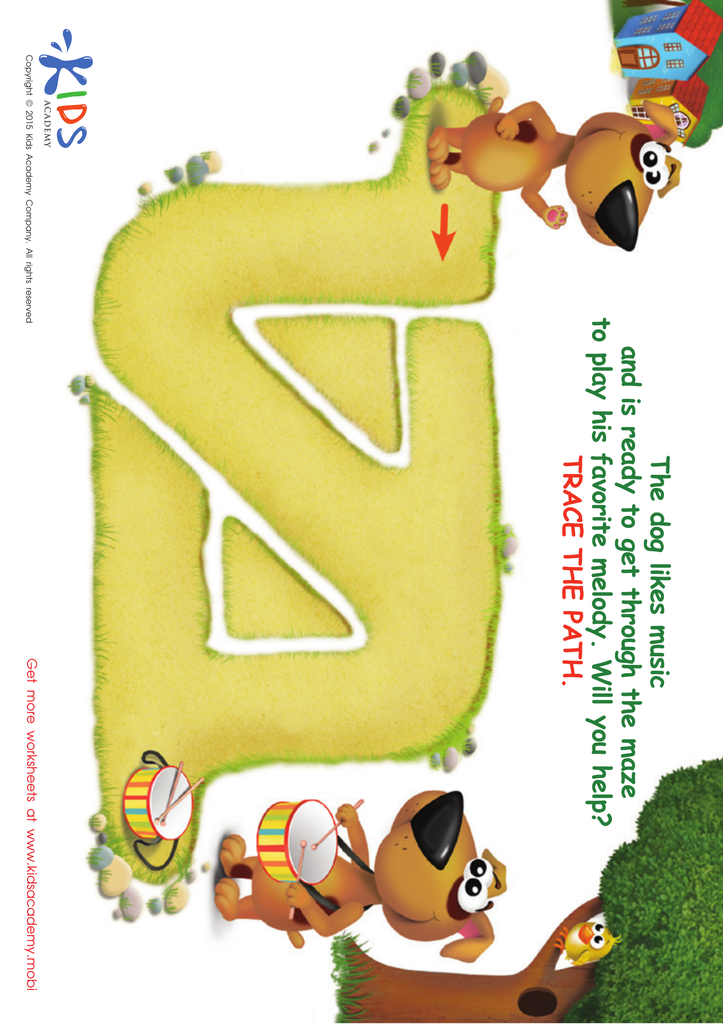

Drummer Maze Worksheet
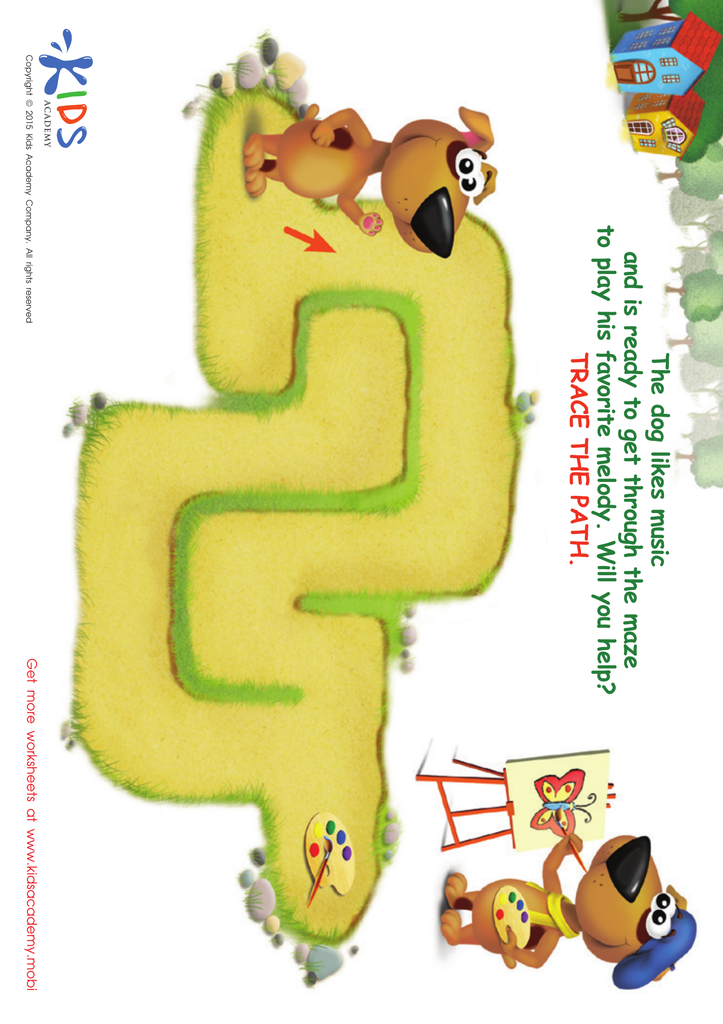

Artist Maze Worksheet
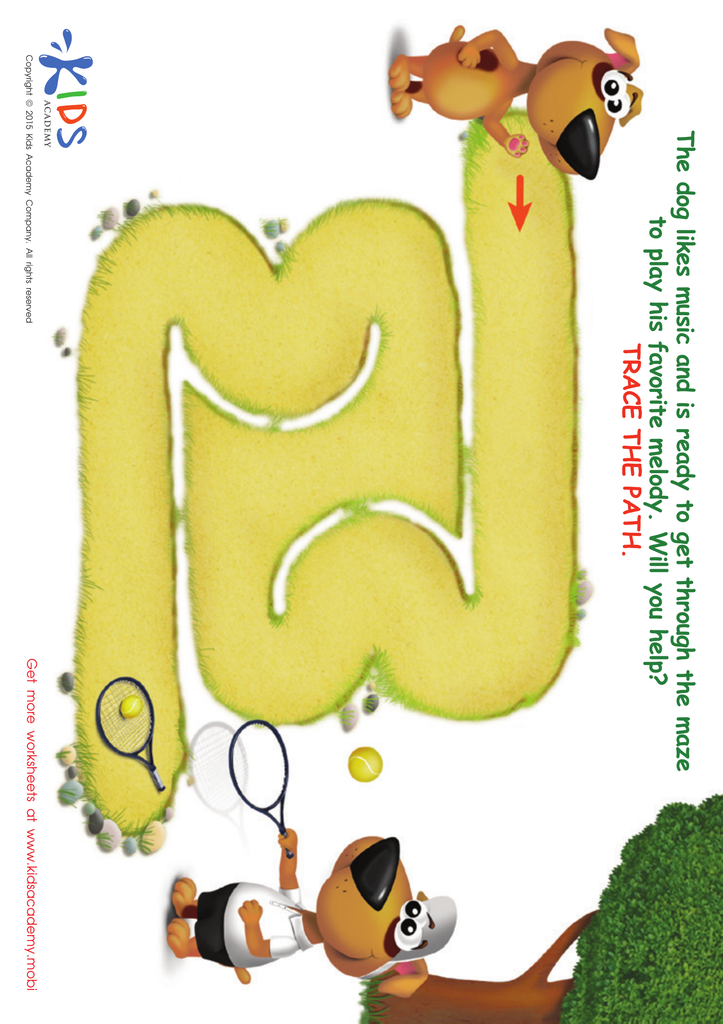

Tennis Player Maze Worksheet
Fine Motor Skills Mazes for children aged 6-9 play an essential role in their developmental journey, and parents or teachers should prioritize them for several reasons. First, these mazes hone fine motor skills such as precision, coordination, and hand-eye synchronization, which are foundational for tasks like writing, drawing, and using tools. Improving these skills directly impacts a child's ability to perform academic activities efficiently and confidently.
Second, solving mazes enhances cognitive development through problem-solving, critical thinking, and spatial reasoning. Children must navigate paths, understanding and remembering routes, which strengthens their mental mapping abilities and improves their overall brain function.
Additionally, Fine Motor Skills Mazes foster patience, attention to detail, and perseverance. Completing these intricate tasks encourages kids to concentrate for prolonged periods, an essential skill for classroom learning.
Moreover, these mazes offer a fun and engaging medium for children to learn and grow, transforming fine motor practice into an enjoyable activity that stimulates intrinsic motivation.
Lastly, routine completion of such tasks may reveal early signs of motor skill issues or learning disabilities, allowing for timely intervention. By incorporating Fine Motor Skills Mazes into daily routines, parents and teachers can support balanced development, clinical efficiency, and enjoyment in every aspect of learning.














